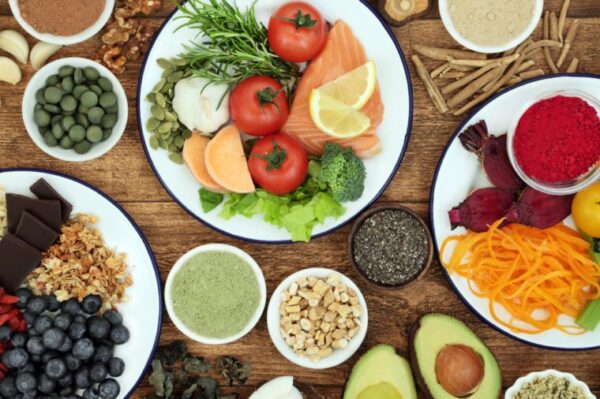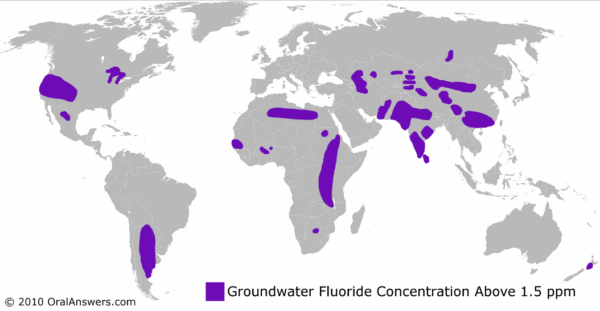Updated 03-Aug-2025

Leading with science and medicine, there are only a certain number of supplements that are needed, many of which can be obviated by a healthy diet (one that encompasses a diversity of foods with said trace minerals and vitamins).
Vitamin A
According to Smil, ~250m people do not have enough vitamin A.
Vitamin A-rich foods and supplements
- Carrots, sweet potato, liver, fish, cheese
- Retinol acetate in a multi-vitamin
Iron
According to Smil, ~23% of the global population (1.76bn people) have anemia -- 55% mild, 40% moderate, 5% severe -- with iron deficiency a leading cause. Note that this is a cause of pica a compulsive eating of non-food items, which my Thai mother-in-law actually did during her pregnancies, completely unaware of the cause.
> Even in the US, about 30% of women and children could be iron-deficient.
Iron-rich foods and supplements
- Liver, red meat, beans and nuts have iron
- Iron glycinate in a multi-vitamin
Zinc
Needed for making new cells and enzymes, processing carbohydrate, fats, and proteins in food, wound healing. Too much zinc can result in anemia, as copper absorption is limited.
Zinc-rich Food and supplements
- Meat, shellfish, dairy, bread.
- Multi-vitamins can have added zinc, but careful not to overdo it.
Iodine
According to Smil, ~2bn people have an iodine deficiency. Even with iodized salt, only 75% of the worlds population is covered by this fortification.
Iodine is an essential element not made by the body, therefore it must be gotten from food or supplements. Iodized salt is a significant source of iodine but does not extend to all people in all countries -- only 75% of the worlds population is covered by this fortification. Even in developed countries, the marketing of non-iodized salt of various kinds hides the importance of iodized salt (not to mention non-iodized salt's increased costs, Pink himalaya salt -- not mined in the Himalayas -- be damned).
Iodine-rich foods and supplements
- Iodized salt is great, but we use soy sauce (shoyu) in our house and most shoyu does not use iodized salt.
- Seaweed, yogurt, oysters, eggs, liver all contain some amount of iodine. As our family regularly eats these (except oysters) we probably are ok.
- There are some multi-vitamins with iodine in them.
Flourine
Flouridated water (and other forms of flourine supplement, such as salt) have a positive impact on dental health in a reduction of dental caries. Many countries have flourine interventions, though some have discontinued them, such as Japan.

Flourine-rich supplements
- Note that there are some parts of the world with high flourine amounts in groundwater (see map)
- Flouridated toothpaste and flouridated salt (found in some European countries) are available in the absence of flouridated drinking water.
Creatine Monohydrate
This is one of the few supplements that has an impact on exercise recovery. It is a gritty powder added to water. One can add this and Hydrolysate Collegen together in a post-workout drink.
Hydrolysate Collagen
This is the only collagen supplement that actually makes a difference. The effect is in ligaments, especially things like knees. Flexigen Hydrolysate Collagen is a powder with some amount of non-sugar sweetener which one mixes with water. Consume after exercise.
Environmental considerations
- Less to no red meat (pork, chicken, and seafood are sufficient and especially chicken is less impactful).
- This is largely how we already eat, with about half chicken (leg and thigh oven-roasted) and half pork (slow roast tenderloin and ground hamburger).
Summary of foods and supplements
In general, try and include the following in one's diet:
- Seaweed, yogurt, eggs, liver, dairy (milk, yogurt, cheese), wheat, soy, beans, nuts, carrots, sweet potato, fish, shellfish.
- Multi-vitamins with iron, zinc, iodine, and vitamin A.
- Supplement with creatine monohydrate and hydrolysate collagen as needed.
Final note to self: increase seaweed, liver, fish, shellfish. All others are pretty well represented in our diet (though sweet potato less often).